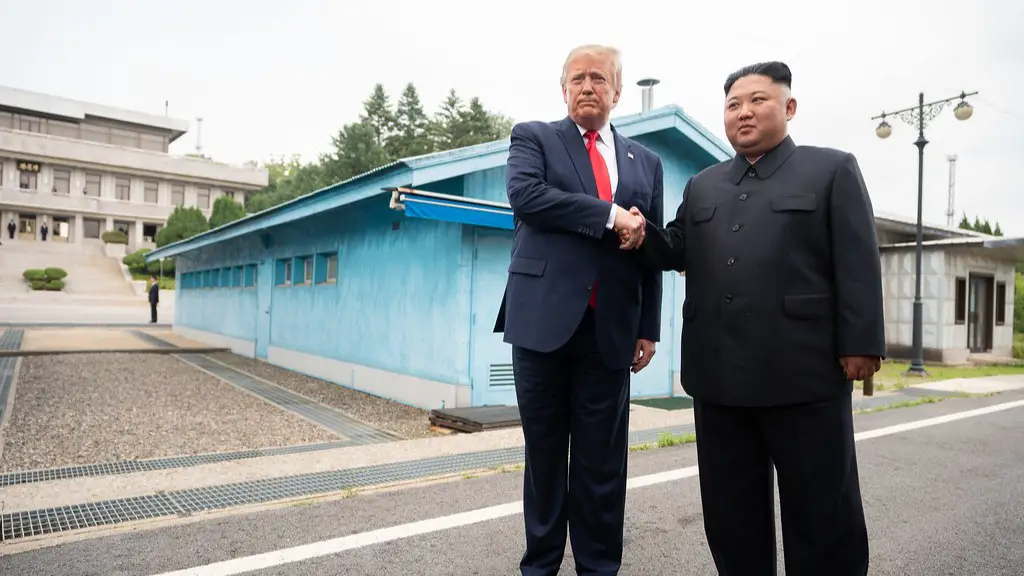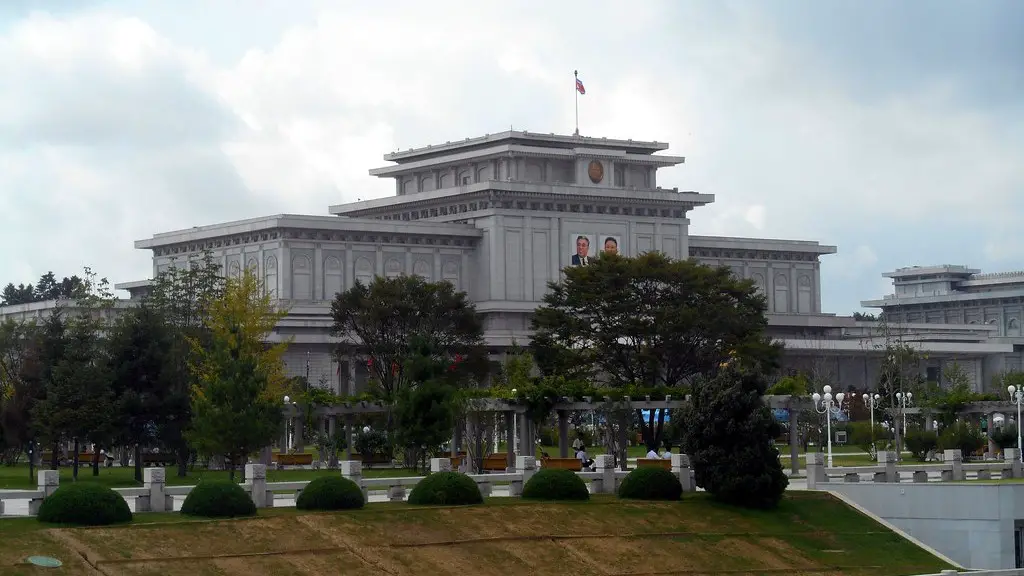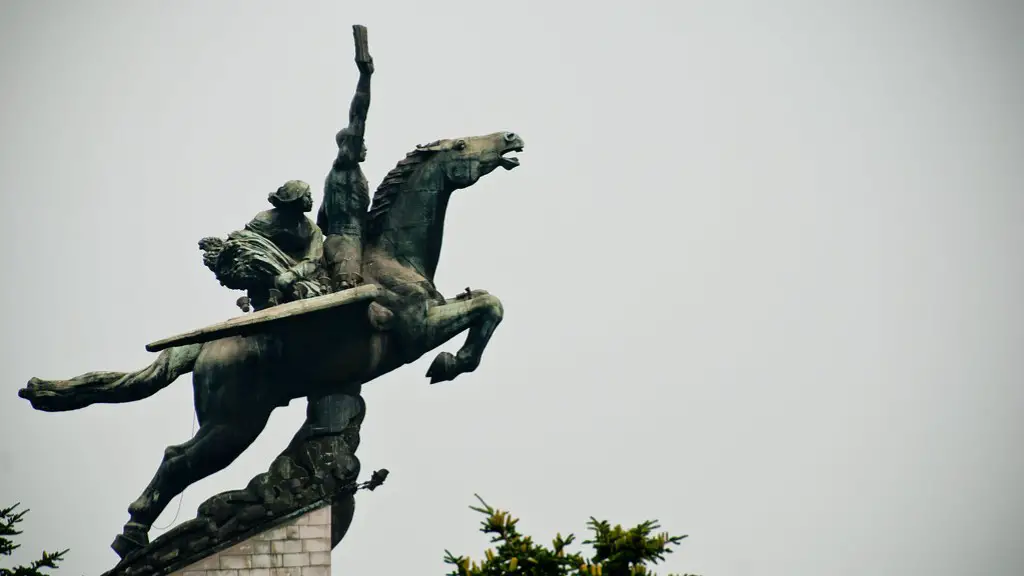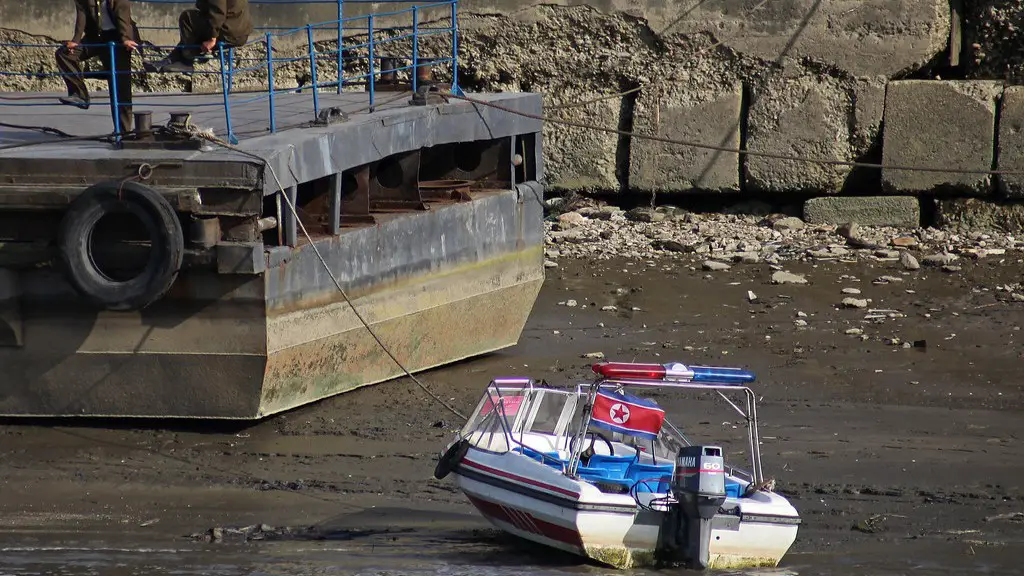What is North Korea?
North Korea is an isolated nation located on the Korean Peninsula in East Asia, ruled over by a totalitarian leader and his ruling party, the Korean Workers’ Party. Spanning a land area of around 120, 000 square kilometres, it has a population of around 25 million people and is officially recognized as the Democratic People’s Republic of Korea.
The country is often described as one of the world’s most repressed and dictatorial regimes, where human rights abuses are rampant, dissent is heavily punished and access to information from the outside world is strictly limited. North Korea has retained close ties with its former ally, China, and has adopted a policy of self-reliance.
History of North Korea
North Korea was initially established as a communist state in 1948 and was supported by the former Soviet Union and China. The country was ruled by the infamous Kim Il-Sung until his death in 1994, when his son, Kim Jong-Il, succeeded him as ‘Supreme Leader’. The current leader of North Korea, Kim Jong-un, is the grandson of Kim Il-Sung.
The Korean War of 1950-1953 is a defining event which has deeply impacted the political and social landscape of the region. The war led to a state of complete destruction, with over three million lives lost, and saw a separation of North and South Korea at the 38th parallel.
Why is North Korea Hated?
The regime’s constant nuclear weapons testing, threats of aggression towards its neighbours and other countries, and extreme human rights violations are some of the major reasons why North Korea faces international disapproval from many countries across the world.
The international community has made multiple attempts to exert pressure on the North Korean regime to end its human rights abuses, it is estimated that the state holds up to 120,000 people in its prison camps where torture, forced labor and inhumane living conditions are common practice.
North Korea’s refusal to comply with international regulations and its continued pursuit of nuclear capabilities have resulted in economic sanctions being placed on the nation, as well as travel restrictions being imposed on its citizens, greatly limiting their ability to access the world beyond the nation’s borders.
Furthermore, North Korea’s rhetoric of hostility towards the West and the United States in particular has further contributed to the negative perception of the country among a majority of the international community.
International Perceptions of North Korea
The majority of the international community is deeply concerned about North Korea’s nuclear capabilities, and its government’s recalcitrance and refusal to cooperate or compromise. International organizations such as the United Nations have condemned the North Korean government for its human rights abuses and nuclear activities, and are pushing for changes in its policies.
Despite the negative view of North Korea expressed by many, there are some countries that have been attempting to establish or maintain strong diplomatic relations with the hermit kingdom, such as China and Russia, who are North Korea’s main allies in the region.
However, there is a mounting consensus among the international community that North Korea needs to be held accountable for its actions and that its rogue behaviour requires immediate action to be taken.
Presidential Policies
The current United States administration’s policy towards North Korea has been more focussed on pressuring the country to end its nuclear activities and human rights abuses than that of its predecessors. President Donald Trump’s government has signed multiple economic sanctions against North Korea that limit its ability to import certain goods, such as luxury items, from other countries.
The US has also led the way in issuing travel restrictions against North Korean citizens, namely its elites and those associated with the ruling class. As a result, it has become much more difficult for North Koreans to gain access to the outside world even as tourists.
Diplomatic Relationship
In a turn of events, President Trump has recently attempted to engage North Korea’s leader in diplomatic discussions to negotiate a peaceful resolution to the ongoing tension in the Korean peninsula. The two leaders met in Singapore in June of 2018, and it is reported that both parties were in agreement to work towards the denuclearization of North Korea.
However, it is worth noting that negotiations between the two nations have been ongoing for decades, so it is uncertain as to whether or not this latest dialogue will actually bring about any real and meaningful change.
International Cooperation
A major obstacle to the resolution of this crisis is the lack of international cooperation and consensus on how to deal with North Korea’s behaviour. It has become clear that dialogue is necessary if there is to be a peaceful solution to the conflict, but the international community must be in agreement in order for the initiative to be successful.
The UN has taken the lead on this issue, and has encouraged the international community to take a stand against further provocation and aggression from the North Korean government and its leader. However, the lack of consensus among members of UN Security Council is an obstacle that must be addressed if any sort of resolution to the conflict is to be achieved.
Public Opinion
Worldwide public opinion of North Korea is largely negative, due to the regime’s bellicose rhetoric, human rights violations and nuclear activities. In a recent survey conducted by the Pew Research Center, only 15% of respondents from 40 countries said that they had a favourable opinion of North Korea.
The survey also revealed that the majority of the international community is in favour of economic sanctions against North Korea as a means of pressuring the regime to end its nuclear ambitions, although there remains a degree of scepticism as to whether or not this will actually bear any fruit.
Conclusion
International perceptions of North Korea are generally negative, due to the oppressive policies adopted by its government and its refusal to comply with international conventions. International organizations have condemned North Korea’s actions, and have called on all members of the UN Security Council to work together in order to achieve a peaceful resolution to the current crisis.
The US and other countries have imposed sanctions on North Korea in an attempt to pressure the nation to end its nuclear activities and human rights abuses, but public opinion is still largely unfavourable. In order for North Korea to gain international acceptance, it must be willing to make meaningful concessions and work with the international community in order to achieve a lasting peace.





